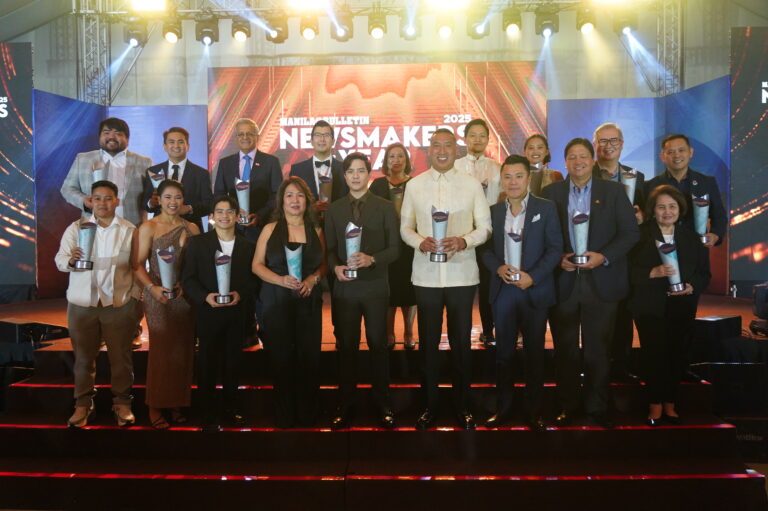The founder of Cyma joins our exploration of Manila Bulletin’s 125th anniversary theme ‘Is Life Better,’ and shares his perspective on how the culinary landscape has evolved over the years, with the availability of a diversity of ingredientsReflecting on the evolution of the culinary world and my work with Cyma over the past two decades, …
The founder of Cyma joins our exploration of Manila Bulletin’s 125th anniversary theme ‘Is Life Better,’ and shares his perspective on how the culinary landscape has evolved over the years, with the availability of a diversity of ingredients
Reflecting on the evolution of the culinary world and my work with Cyma over the past two decades, I’d say one of the most impactful changes has been the growing accessibility and quality of locally sourced ingredients.
When Cyma first opened 20 years ago, creating authentic Greek cuisine in the Philippines posed immense challenges. Ingredients that define Greek cuisine—like Greek yogurt, dill, arugula, and feta cheese—were not readily available. I had to search tirelessly for local farmers and producers who could help fill these gaps. A dairy farmer in Rizal began producing Greek yogurt for us. Small farms in Alfonso, Cavite grew our arugula and flat-leaf parsley. I even salted coral fish roe myself to replicate tarama (Greek caviar). Back then, we didn’t have access to tender lamb, as Filipinos were only familiar with mutton. Over time, however, tender and flavorful Australian lamb became more accessible. Today, many Filipinos have come to appreciate its excellence.
The essence of Greek cuisine lies in its perfect simplicity and, at Cyma, we highlight the best quality ingredients. Our dishes don’t rely on heavy sauces or overpowering flavorings because the ingredients themselves are excellent. Greek cuisine is about letting the natural flavors shine, whether it’s the freshness of herbs, the creaminess of feta, the zest of a spritz of lemons, or the juiciness of ripe tomatoes.
Fast forward to today, the landscape has transformed. More farmers are producing the herbs and vegetables we need, and local suppliers have stepped up to meet the demand for exceptional produce.
Fast forward to today, the landscape has transformed. More farmers are producing the herbs and vegetables we need, and local suppliers have stepped up to meet the demand for exceptional produce. While we still rely on imported items like extra virgin olive oil to maintain authenticity, the abundance of local ingredients—such as seafood, eggplants, leafy greens, zucchini, squash, and vine-ripened red tomatoes—mirrors the Mediterranean pantry in surprising ways.
This accessibility to ingredients has opened new opportunities for expanding Greek cuisine in the Philippines. With Cyma as the foundation, I was able to create SOUV! by Cyma, a progressive Greek concept with global ingredients, and Elaia by Cyma, which embraces the soulful essence of Greek cookery, focusing on the flavors and traditions of northern Greece. These new brands showcase the versatility of Greek cuisine and demonstrate how the availability of superior local and imported ingredients allows us to explore its many facets.
It’s heartening to see how the availability of quality ingredients has grown, enabling us to craft authentic dishes and inspire others to appreciate the beauty of fresh, simple, and superior food. This commitment to quality has not only enriched Cyma’s dishes but also helped to shape and expand the culinary landscape in the Philippines.






